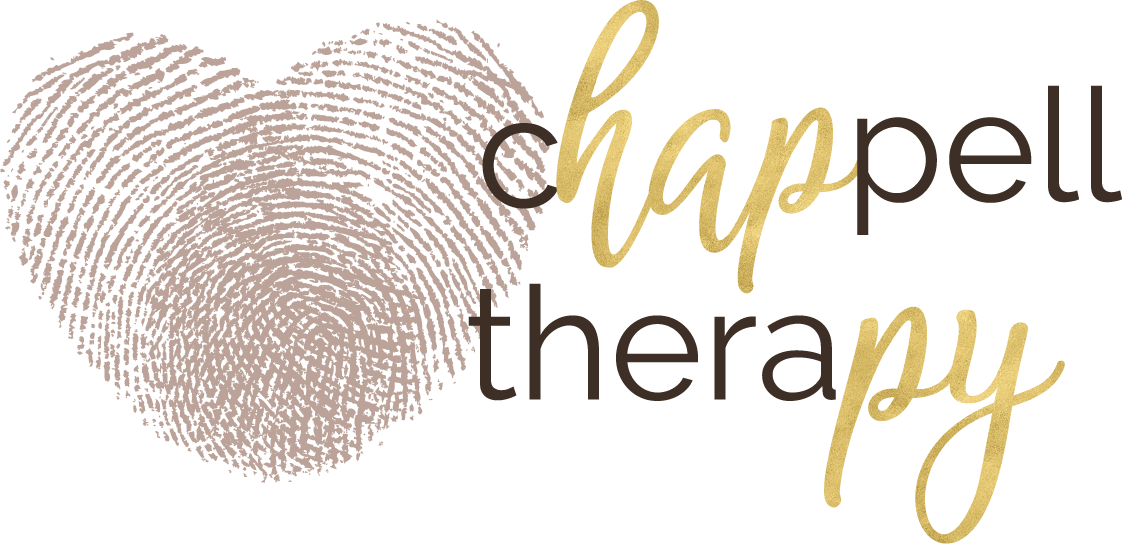 Therapy for Communication Skills
Therapy for Communication Skills
- Do you struggle with communicating your needs?
- Do you have difficulty identifying your feelings?
- In your relationships, are you described as “needy”, “demanding” or that you are “emotionless”?
- Are you fearful of saying what you really feel?
Many people struggle with Communication
Almost everyone struggles with communication problems. Even the best public speakers have trouble communicating when emotions are involved. When emotions are involved, our primal brains get activated putting us in a state that mimics the “fight or flight” response. We will either engage in an aggressive way or shut down altogether. When our “fight or flight” response is happening, we often fail to say what we mean, yell, get critical, accuse or are unable to speak at all. Over time, these ways of communicating have damaging consequences in our relationships. We end up sending unintended messages to the people we love.
For example, here are some complaints that I regularly hear from people struggling with communication in their relationships: “I want my husband to open up to me but he just shuts down, like he doesn’t care at all” “My wife is always mad at me. I can’t do anything to make her happy.”
Communicating your needs
Communicating needs and communicating emotions go hand-in-hand. Both are a learned behavior. Some of us have never learned how to communicate effectively in our relationships. Either we grew up in an environment where emotions were ever talked about or we experienced emotions as destructive and damaging.
Avoidant Communication Style – This is a pattern of avoiding negative feelings and expressing needs. Individuals with this style will tend to get quiet when things are tough, isolate themselves and “go into their heads” to explain or problem solve. Emotions and grievances tend to build up and they are prone to outbursts – usually over something seemingly small. Their partners will often complain rolex yachtmaster fake that they are “emotionless” or uncaring. This is not the case. These individuals care very much – they just struggle with identifying their feelings and worry about expressing themselves wrongly.
Pursuing Communication Style – This is a style of expressing feelings and needs in a way that comes off as critical, accusing and/or aggressive. Individuals with this pattern will tend to get loud, yell and express themselves out of anger and frustration. It doesn’t start off this way – usually the anger and frustration build over time of not feeling heard or responded to. Their partners will often complain that they are always “nagging” or attacking them.
Do either of these styles fit your or your partner’s ways of communicating? If so, Individual Therapy for Communication can help.
Therapy can help you achieve effective, healthy Communication
Talking with a trained therapist can help you learn healthy communication skills. Individual Therapy for communication issues will involve identifying what you are actually feeling, expressing your feelings in a way that draws your partner close and asking for what you need. Healthy communication does not alienate your partner from you through blame or isolation.
Working together, I will help you build healthy communication skills. I will give you honest feedback in a safe, supportive environment to explore what is blocking effective communication in your relationship. You will learn how to identify what you are feeling and reach for your needs to be met in a direct, empowering way that enhances your relationship.
Common Individual Communication Therapy Questions or Concerns:
If I do Individual Therapy for Communication alone, how will that help my relationship?
Couples therapy is absolutely effective in addressing communication issues. Individual Therapy for communication issues is also effective. The advantage to individual therapy for communication is that the entire session is focused on understanding and empowering you to make positive change. You will learn how your communication style effects your relationship and how to change it. By changing your role in the relationship dynamic – the overall pattern is likely to change.
Therapy is expensive. How will I know if it’s worth it?
Yes, relationship therapy is an investment. You are investing in yourself to have better relationships. Studies show that people who are happy in their relationships are happier in general. They are generally physically healthier, more productive at work, earn more money, and have lower stress. You and I will continuously check-in to make sure you are getting the most out of your therapy experience.

